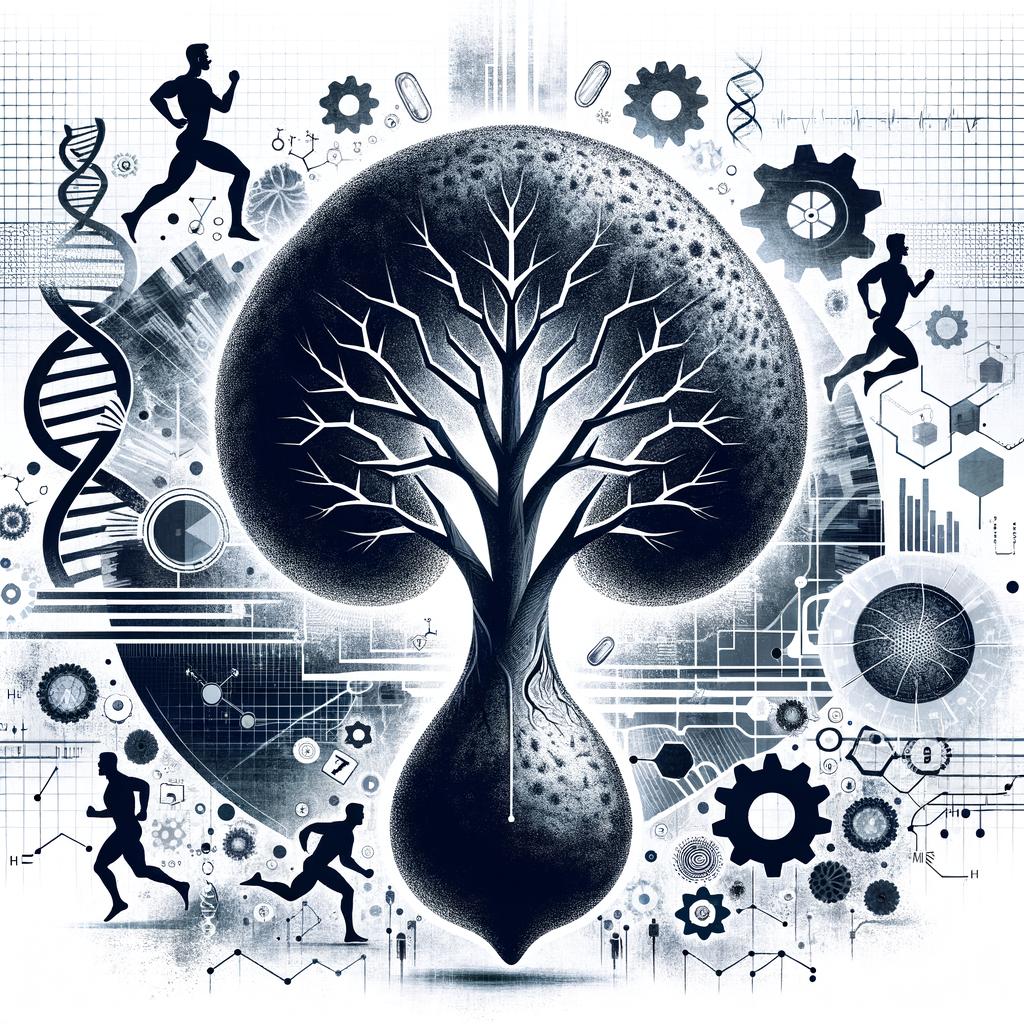
Introduction to Prostate Health and Its Implications
Have you, a friend, or a family member ever pondered, “What causes an enlarged prostate?” To put it simply, an enlarged prostate, also referred to as Benign Prostatic Hyperplasia (BPH), primarily arises from the natural ageing process and hormone imbalances. The condition occurs when the cells in the prostate multiply, leading to its expansion and, consequently, urinary discomfort. This article voyages into the various elements surrounding enlarged prostate - pinpointing specific causes, symptoms, potential health implications, treatment options and preventative measures.
A Deeper Discussion: The Underlying Causes
As we tiptoe deeper into the topic, an enlarged prostate is a common condition that often creeps on men as they advance in years. By the time men hit their 60s, more than half of them will encounter some form of BPH. Age isn’t the only contributing pebble in this pool, though. Another pre-dominant player is hormonal imbalances, with the ebb and flow of hormones like estrogen and testosterone influencing the growth patterns of prostate cells.
The Age Angle
Although age isn’t the fountain of all health complications, in this instance, it behaves like the root of the tree. As age increases, the likelihood of an enlarged prostate does too. Essentially, it’s a simple truth of life: as time progresses, so does the potential for health issues.
Swinging the Spotlight to Symptoms
Examining the symptoms of an enlarged prostate, we stumble upon a variety of urinary issues. Men might experience an increased urge to urinate, especially during the nighttime. More time might be spent standing idly by the toilet, waiting for the stream to commence. It could start and stop abruptly, the flow might be weak, or there could be difficulty initiating the process altogether.
The Tug of War with Hormones
On the hormonal front, testosterone and estrogen take centre stage. Men produce both these hormones, though testosterone is present in higher amounts. As men age, their testosterone levels diminish, leaving a higher proportion of estrogen. The imbalance can trigger prostate cells to grow excessively, leading to BPH.
Health Implications and Treatment Options
An unmanaged enlarged prostate can navigate its way towards health complications such as urinary tract infections, bladder stones, and, in severe cases, kidney damage. Thankfully, several treatment options can assist in managing an enlarged prostate, ranging from medication, minimally invasive procedures, to surgery for severe cases. Lifestyle changes such as diet modification, exercising regularly, and limiting fluid intake before bed can also aid in lessening the symptoms.
Preventive Measures at Your Rescue
While there’s no sure-fire way to prevent an enlarged prostate, diet plays a critical role. Consuming fruits and vegetables, decreasing caffeine and alcohol, and limiting red meat can provide beneficial effects. Regular check-ups are vital too – after all, prevention is better than cure.
Conclusion: A Condition Managed Wisely Can Be Controlled
So, that transient curiosity about the causes of an enlarged prostate? It’s not an enigma anymore. The condition, primarily triggered by age and hormonal imbalances, can, at times, be as tricky as threading a needle in the dark. But with knowledge as our torch and preventive measures as part of our armoury, managing an enlarged prostate becomes a surmountable journey.
Frequently Asked Questions
1. What are the early signs of an enlarged prostate?
Frequent urination, especially overnight, difficulty in starting to urinate and a weak urinary stream can be early symptoms of an enlarged prostate.
2. Does an enlarged prostate affect sexual performance?
While not directly, BPH can lead to symptoms that indirectly affect sexual performance and result in problems like erectile dysfunction.
3. How is an enlarged prostate diagnosed?
The diagnosis of an enlarged prostate usually starts with a physical exam, including a digital rectal exam, along with tests like urinalysis, and blood tests.
4. Can an enlarged prostate turn into prostate cancer?
Generally, BPH is not a precursor to prostate cancer. However, both conditions can have similar symptoms.
5. What dietary changes can help in managing an enlarged prostate?
Consuming more fruits and vegetables, reducing caffeine and alcohol and limiting red meat can assist in managing an enlarged prostate.


